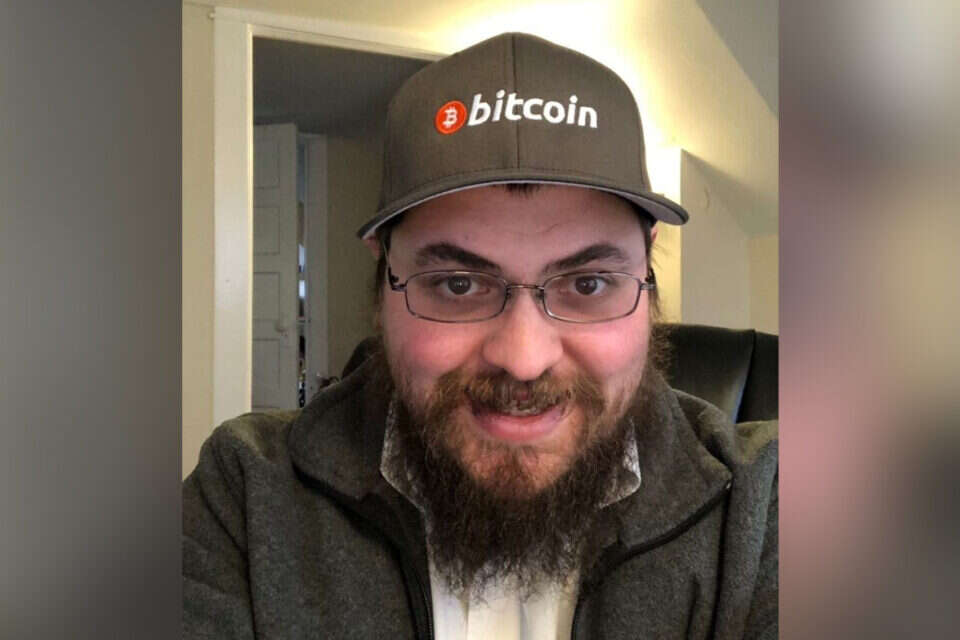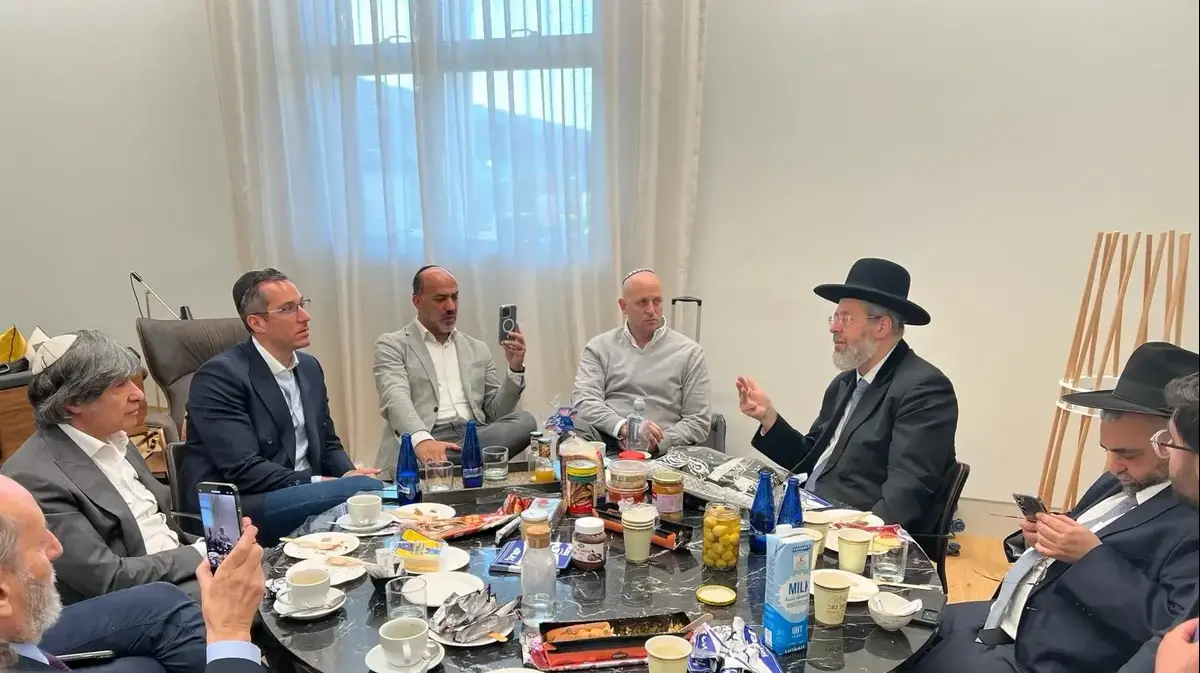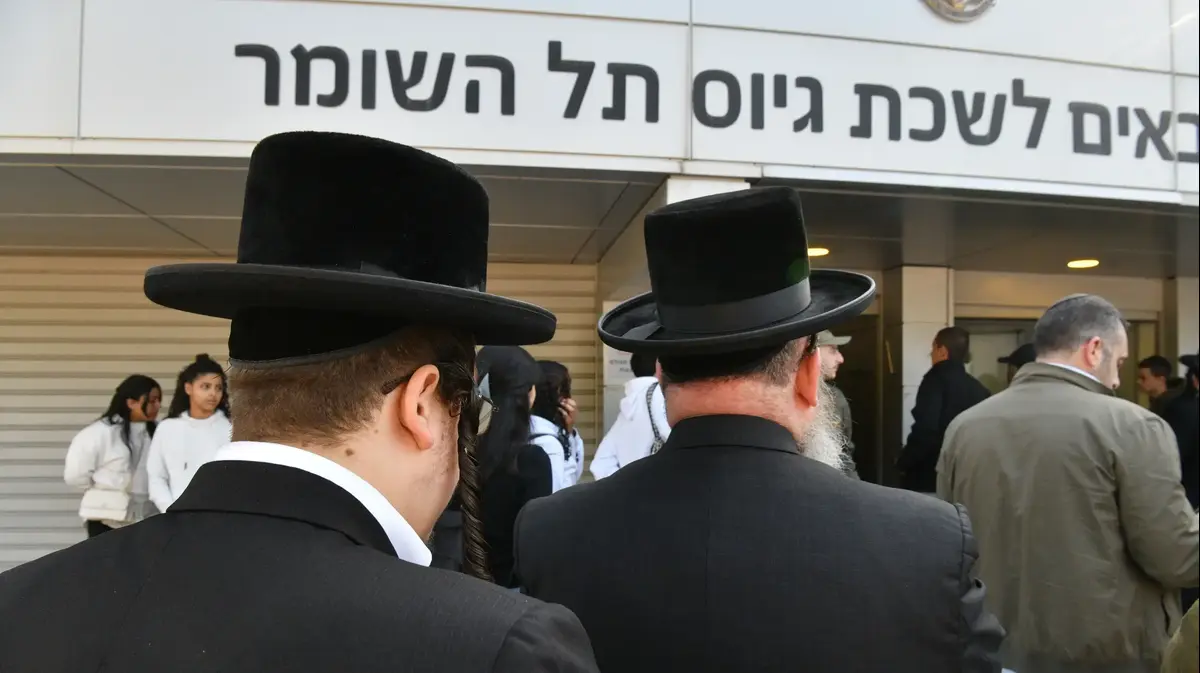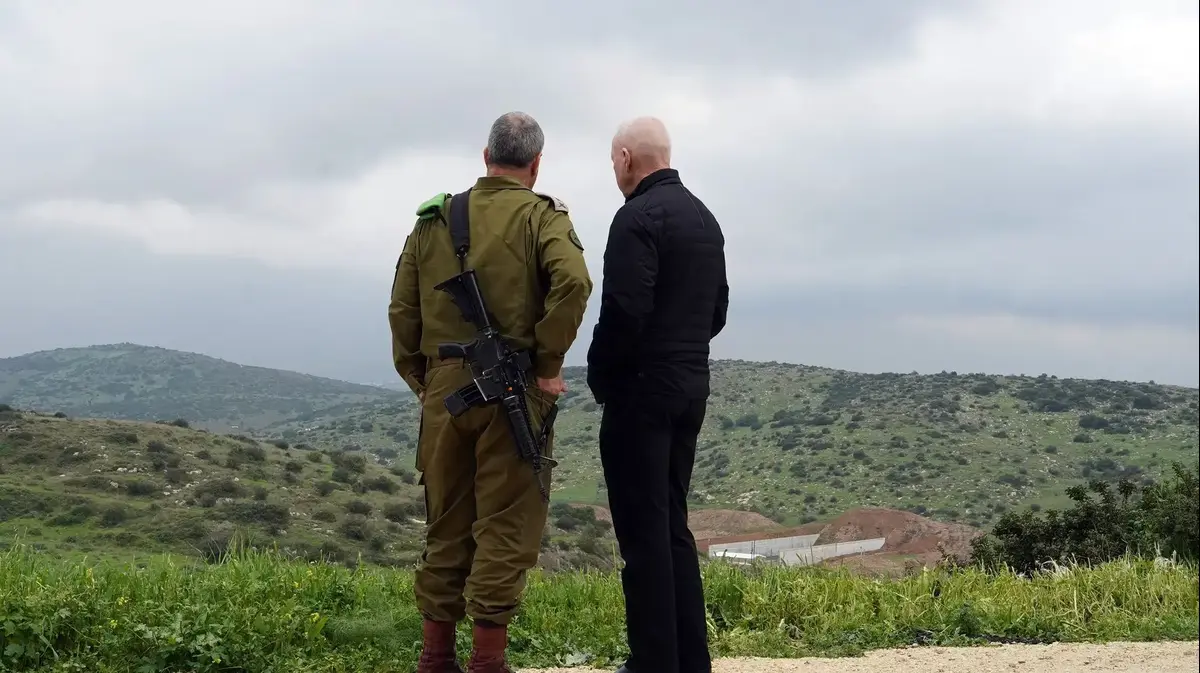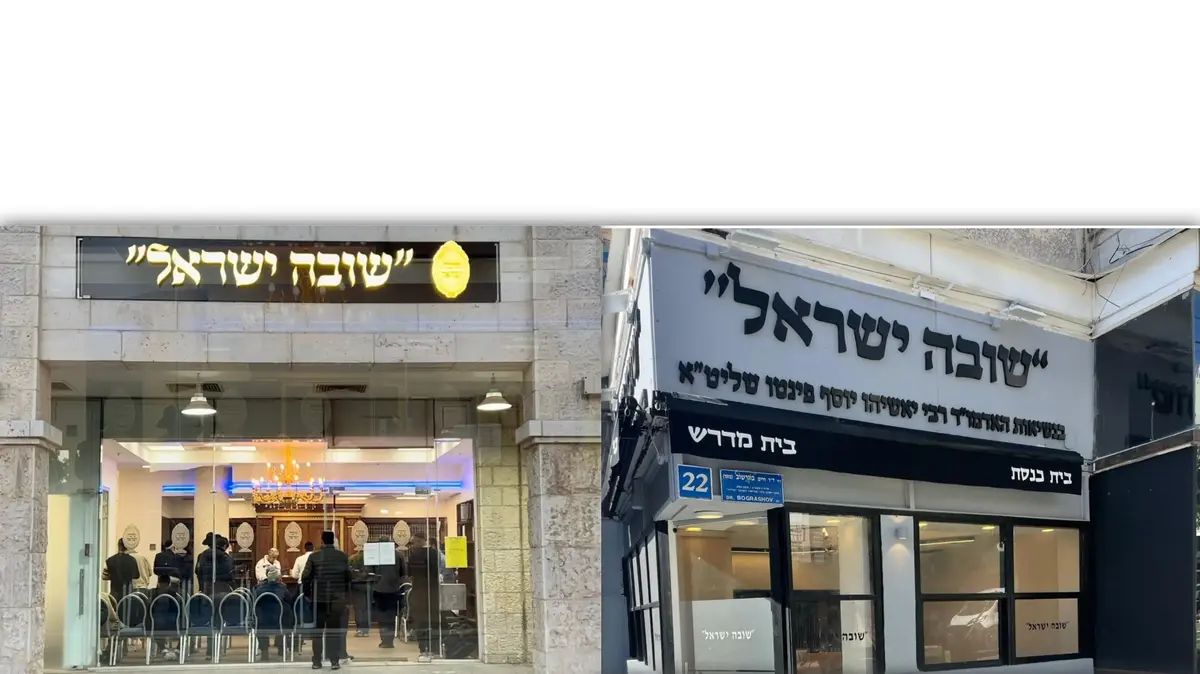For many cryptocurrency enthusiasts who infest Twitter, a troll reputation has emerged.
But there is at least one who has made a name for himself as an intellectual leader who stands out above all.
Incidentally, he is also a rabbi.
"People on Twitter use the platform to yell at each other and not be nice, and I don't like that," says micro-influencer Rabbi Michael Karas, 31, also known by the username @thebitcoinrabbi.
"I enjoy connecting with my two communities on Twitter, Judaism and Bitcoin."
Karas, who belongs to the Chabad movement, is fascinated by the connection between Bitcoin, the currency itself and the network that has grown around it, in theory.
Before becoming a public bridge between the two worlds, he studied at the Or Tamim Yeshiva in Israel and now teaches courses in Judaism and technology at the Maimonides Hebrew School in New York.
Karas became interested in Bitcoin in 2017, and in 2019 published a children's book on the subject that sold more than 10,000 copies.
The book is a secular introduction to a basic economy for children, and it tells the story of children learning to use Bitcoin as money at their lemonade stand in the imaginary city of Bitville.
Karas also lectures in synagogues and Jewish youth groups on Bitcoin and Judaism, and on the history of the discussion of money in the Torah.
"There are Jews who do not keep the commandments and have never spoken to a rabbi, on any occasion," he explains.
"They feel a certain closeness to me because of Bitcoin's Twitter, so it's more convenient for them to get relevant information from me without me wanting them."
Karas also has an active chat on WhatsApp where he advises his followers.
"Sometimes they have questions related to Bitcoin in one way or another, and I'm happy to help and be a source of information to the community, especially in things like managing private encryption keys."
Although there are now countless types of cryptocurrencies, Bitcoin is the oldest and most distributed blockchain network in the world and its user population is the most diverse as of 2021. The use of Bitcoin allows you to save, send and receive money without a third party - that is, without the need for a bank.
One of the questions that Karas often encounters is "Is it allowed to mine Bitcoin on Saturday?", Getty Images
Most serious cryptocurrency users keep track of transactions on a public network and in a blockchain diary.
For example, the Bitcoin log records all transactions in Bitcoin (the asset), but many cryptocurrencies prefer to use regular financial markets (such as Fidelity Investments or the Israeli Ituro company), which do not require the use of the public blockchain for all transactions.
Karas is one of the serious users who prefers to use the Bitcoin network directly, and it trades with open source tools instead of trading cryptocurrencies like stocks.
Like many rabbis, Karas is very fond of old records, diaries and sacred secrets.
As for the "private encryption key management" mentioned by Karas, Bitcoin users track their Bitcoin using a unique password called a private key - if you keep the key on guard, Bitcoin will remain in your possession.
That is why knowledge related to managing private encryption keys is so important to Karas.
The public blockchain diary is no different from the way Jewish communities have documented their membership in writing for thousands of years.
Karas is fascinated by the combination of history and technology: "We have a 'delivery chain' in Hebrew, the point of preserving tradition throughout written history," he details.
"We continue a chain, and it is continuous." Karas sees the diverse traditions and customs of Judaism as a kind of parallel of protocols that are compatible with each other.
Michael Carras grew up in a "pretty secular" home, he said, and considered studying for a degree in computer science before making the switch to rabbinical studies.
His brother, who is also a well-known bitcoin activist, strengthened his religious beliefs after visiting the Chabad House as a teenager, and Karas followed suit.
He is now a father of six and a observant Chabadnik, and finds many similarities between the cyberpunk ethos and Judaism. With about 190 participants.
"Hopefully we use this technology for good."
Bitcoin, Reuters
"Judaism has many legal frameworks for how money is used. A Jewish wedding is a deal. The groom puts a ring on the bride's finger because he has to give her something valuable under the canopy. I address private messages to questions such as whether the wedding deal can be made in Bitcoin," he says.
As a family, Karas and his wife see bitcoin management as part of their household virtues: "We hope we use this technology for good most of the time, that's what I like to encourage others to think about."
There is always a way to apply the spirit of the Torah to new difficulties in the modern world.
Karas has already been asked about running bots of trading and mining Bitcoin on Saturday, or whether checking for fluctuations in the price of bitcoin (estimated against the dollar) hurt the rest day.
Bitcoin is sometimes used to donate to charity and maintain savings.
On the other hand, there are also more harmful and controversial ways to use Bitcoin.
For example, Hamas has reportedly raised donations in Bitcoin.
Karas lived in Israel for four years of his rabbinical studies and his brother now lives in Israel.
He says that since Operation Wall Guard he has been thinking a lot about Israel.
It is not possible to say for sure how many Bitcoin users there are in Israel, but there are local Bitcoin trading companies that have attracted more than 55,000 users (each), and there are thousands of employees in the local crypto industry, including some companies that have expanded globally and now serve millions of users. There are Palestinian bitcoin traders who also obtain their wares at the same crypto centers in Tel Aviv).
Karas strongly believes in Israel's right to defend itself, and he hopes that Bitcoin will create economic opportunities that will weaken Hamas' grip on the Gaza population.
According to reports, in 2019, before the Corona plague, some bitcoin traders from Gaza made cryptocurrencies worth more than $ 5 million a month for civilian uses such as shopping around the world, paying tuition abroad or making payments to the self-employed through PayPal or credit cards.
"I am not afraid that Hamas will use relatively small amounts of bitcoin to finance its terrorism, because they seem to be negligible in relation to their other methods of financing," Karas reveals. He is satisfied that "Palestinians can use money that the Palestinian Authority and Hamas cannot control or take easily."
This feeling is prevalent among Karas' friends on Twitter.
Israeli investor Elon Aviv from the Collider Ventures investment fund, which has extensive experience in cryptocurrencies, knows Karas and enjoys his tweets on Twitter.
He agrees with Karas' analysis of the role of virtual currencies in the Israeli-Palestinian arena.
"The promise here is that the Palestinians will not be dependent on the financial services provided by these terrorist organizations."
Tefilin and #bitcoin 💪⬛️ https://t.co/zdL0MZixmU pic.twitter.com/XfzJGe2IeI
- The Bitcoin Rabbi (@thebitcoinrabbi) August 12, 2021
Aviv also agrees with Karas that the bitcoin ethos is in line with Jewish morality: "Almost every holiday is 'someone bad who tried to kill us, he failed, and we celebrate.'
Aviv added that censorship, resistance, loss and liberation are all intertwined in Jewish history.
As a tool for self-sovereignty transactions, people who run away from dictatorship or who make transactions freely even though they are being persecuted, tend to use Bitcoin.
There are Jewish users like Aviv who ask themselves whether Bitcoin will be useful if, God forbid, a situation similar to that arises during the Holocaust, in which governments and armies confiscate the assets of Jewish communities.
If it will be easier to escape with when your assets are held in Bitcoin.
Israeli crypto industry activist Danny Brown Wolf thinks so, saying that "as Jews, all we have about family history is some kind of immigration story in which they were forced to leave property behind. In light of this history, Jews need to value economic sovereignty more than anyone else."
It should be made clear that Karas does not support a "blockchain revolution" of any kind.
He only answers the questions sent to him and considers himself a "maximalist", meaning that he uses only Bitcoin, not other cryptocurrencies.
He thinks it is better for users to invest their energy in Bitcoin instead of experimenting with new cryptocurrencies.
"I'm the most maximalist there is. I do not think that blockchain has a justified use outside of Bitcoin and the security of Bitcoin's blockchain," Karas clarifies. To him beyond that. "
Karas prefers to deal instead with issues such as lending and accruing interest so he can learn on his own and help others learn how to apply Jewish morality in personal bitcoin management: "With every technology in this world, we have to decide for ourselves whether to use it for better or worse."

